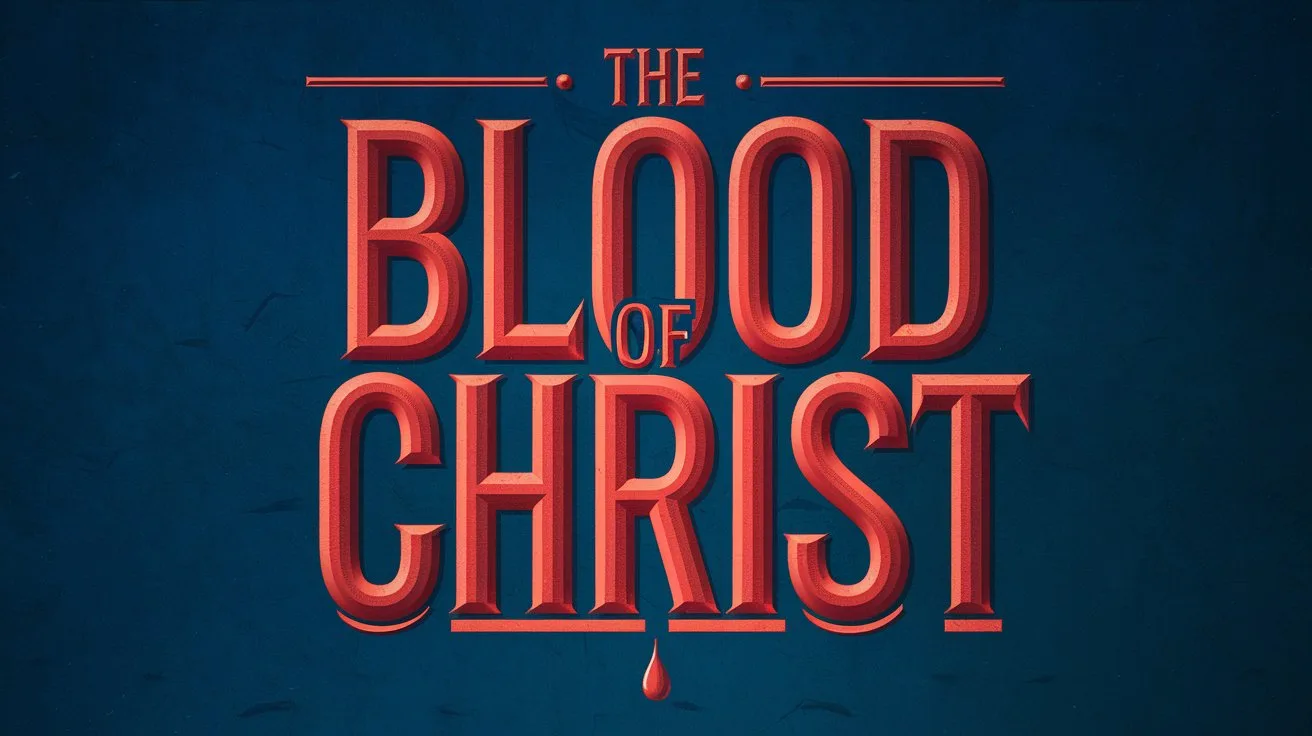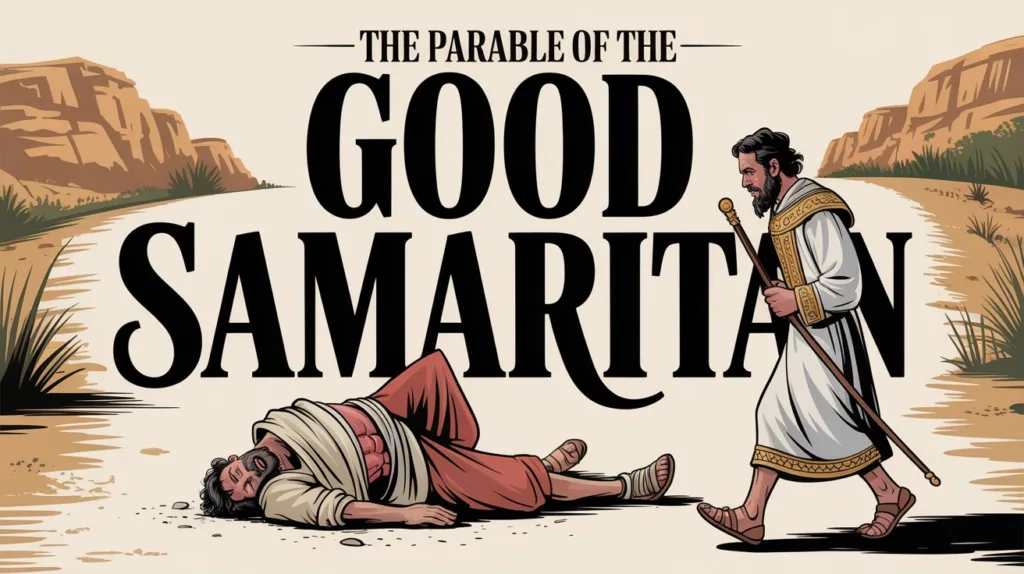The Bible is clear: without the shedding of blood, there is no remission of sins (Hebrews 9:22). From the very beginning, God established blood as the means of atonement, foreshadowing the ultimate sacrifice of Jesus Christ. His blood was not merely a symbolic gesture but a literal offering of His perfect, sinless life for the cleansing of all who believe. Yet, many misunderstand the nature of Christ’s sacrifice, especially regarding the doctrine of substitutionary penal atonement, which is sometimes wrongly portrayed as Christ bearing the Father’s wrath. Instead, the Bible presents Christ as a propitiation for our sins—an offering that brings reconciliation rather than one that endures punishment.
Jesus, the Sinless and Perfect Sacrifice
The foundation of Christ’s atonement is His absolute sinlessness. He alone was worthy to be the sacrificial Lamb because He never transgressed the Law. The sacrifices in the Old Testament pointed to this necessity: only an unblemished lamb could atone for sin.
1 Peter 1:18-19 tells us:
“knowing that you were not redeemed with corruptible things, like silver or gold, from your aimless conduct received by tradition from your fathers, but with the precious blood of Christ, as of a lamb without blemish and without spot.”
This echoes the requirement of the Passover lamb in Exodus 12:5:
“Your lamb shall be without blemish, a male of the first year.”
Christ fulfilled this in every way. Hebrews 4:15 says:
“For we do not have a High Priest who cannot sympathize with our weaknesses, but was in all points tempted as we are, yet without sin.”
His purity made Him the perfect once-for-all sacrifice, something the blood of animals could never accomplish:
Hebrews 10:4
“For it is not possible that the blood of bulls and goats could take away sins.”Hebrews 10:10
“By that will we have been sanctified through the offering of the body of Jesus Christ once for all.”
Christ’s sacrifice was final and complete; He was the perfect Lamb who takes away the sin of the world (John 1:29).
What Does “Propitiation” Mean?
A central misunderstanding of atonement is how Christ’s blood reconciles us to God. Many falsely teach that Christ was punished by the Father in our place. However, Scripture never says this. Instead, Christ is called our propitiation, a word that means an atoning sacrifice that brings peace and favor with God—not a recipient of wrath.
1 John 2:2
“And He Himself is the propitiation for our sins, and not for ours only but also for the whole world.”1 John 4:10
“In this is love, not that we loved God, but that He loved us and sent His Son to be the propitiation for our sins.”Romans 3:24-25
“being justified freely by His grace through the redemption that is in Christ Jesus, whom God set forth as a propitiation by His blood, through faith, to demons/”>demonstrate His righteousness.”
If Jesus was being punished by the Father, this would contradict propitiation, which means bringing peace, not receiving wrath. The Bible says Christ was the Lamb who was offered willingly (His death was an offering, not a punishment).
Ephesians 5:2 confirms this:
“And walk in love, as Christ also has loved us and given Himself for us, an offering and a sacrifice to God for a sweet-smelling aroma.”
The Father received Christ’s sacrifice with pleasure, not with wrath.
Did the Father “Turn His Face Away” from Jesus?
Many claim that when Jesus was on the cross, the Father abandoned Him because He “could not look upon sin.” They base this on Matthew 27:46, where Jesus cries, “My God, My God, why have You forsaken Me?” But this is a misinterpretation.
Jesus Was Quoting Psalm 22
Jesus was pointing to Psalm 22, a Messianic prophecy. Though it begins with a cry of distress, it ends with victory and vindication:
Psalm 22:24
“For He has not despised nor abhorred the affliction of the afflicted; nor has He hidden His face from Him; but when He cried to Him, He heard.”
This shows that God never abandoned Christ; He heard Him! The entire Psalm points to His suffering but ultimate triumph.
The Father Was Always Pleased with the Son
Before Jesus went to the cross, the Father declared twice that He was pleased with Him:
At His baptism: “This is My beloved Son, in whom I am well pleased.” (Matthew 3:17)
At the Transfiguration: “This is My beloved Son, in whom I am well pleased. Hear Him!” (Matthew 17:5)
Nowhere does Scripture say that the Father changed His attitude toward Jesus. In fact, Jesus was doing the Father’s will on the cross, fulfilling His mission, not being abandoned.
John 8:29
“And He who sent Me is with Me. The Father has not left Me alone, for I always do those things that please Him.”
The Father was with Him even in His suffering. Jesus was carrying out the perfect will of God and offering Himself up in love.
The Blood of Christ Brings Reconciliation, Not Wrath
The atonement of Jesus was not God pouring out His wrath on His Son, but rather God offering His Son as a sacrifice to cleanse us from sin. The Bible never says Jesus absorbed the Father’s anger but instead that He laid down His life willingly.
John 10:17-18
“Therefore My Father loves Me, because I lay down My life that I may take it again. No one takes it from Me, but I lay it down of Myself. I have power to lay it down, and I have power to take it again. This command I have received from My Father.”
The Father loved Jesus for His sacrifice; it was an act of obedience and love, not divine wrath.
Paul confirms this in 2 Corinthians 5:18-19:
“Now all things are of God, who has reconciled us to Himself through Jesus Christ… that is, that God was in Christ reconciling the world to Himself, not imputing their trespasses to them.”
If God was in Christ on the cross, then He was not rejecting Him. Instead, He was working through Him to bring reconciliation.
My Final Thoughts
The blood of Jesus Christ is the only means of salvation. It is precious, pure, and perfect. His sacrifice was not an act of divine punishment but an offering of love to cleanse us from sin.
Jesus was not punished by the Father: He was offered as a willing sacrifice.
Jesus was not abandoned on the cross: He was carrying out the perfect will of God.
The atonement is not substitutionary penal atonement: it is propitiation, meaning it brings peace and favor with God.
Jesus’ final words were not of defeat, but victory:
“It is finished!” (John 19:30)
The work of salvation was complete, and through His blood, we are now reconciled to the Father.
Revelation 1:5
“To Him who loved us and washed us from our sins in His own blood.”
Through His blood, we are cleansed. Through His resurrection, we have eternal life. And through His obedience, we are made children of God.
To Him be the glory forever and ever! Amen.





 Get the book that teaches you how to evangelize and disarm doctrines from every single major cult group today.
Get the book that teaches you how to evangelize and disarm doctrines from every single major cult group today.